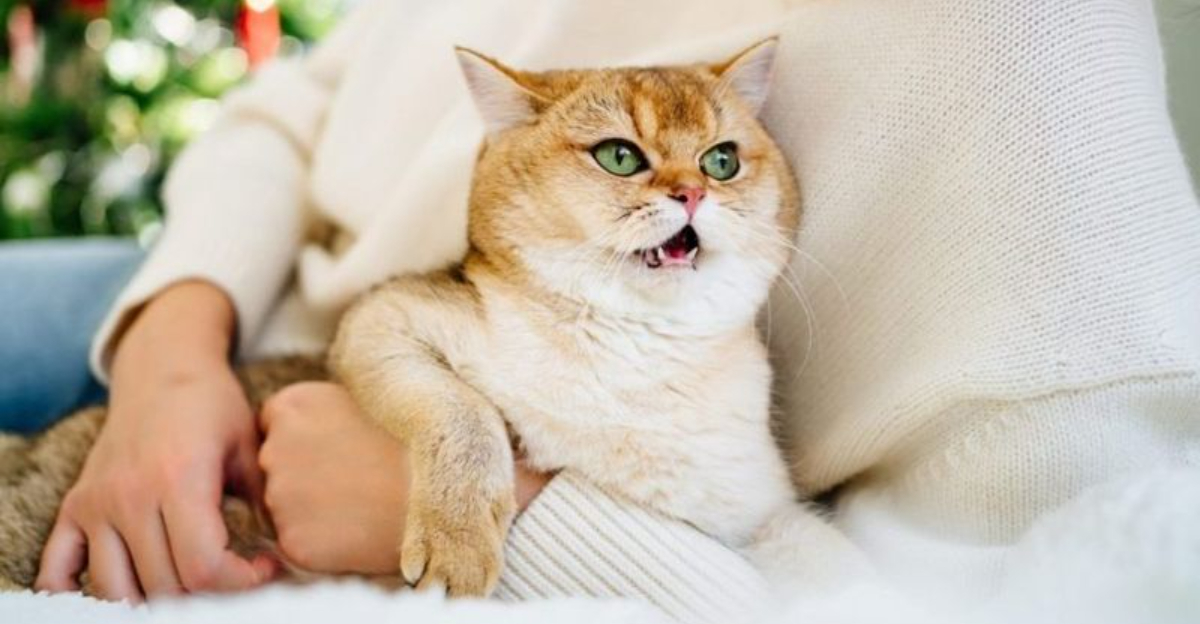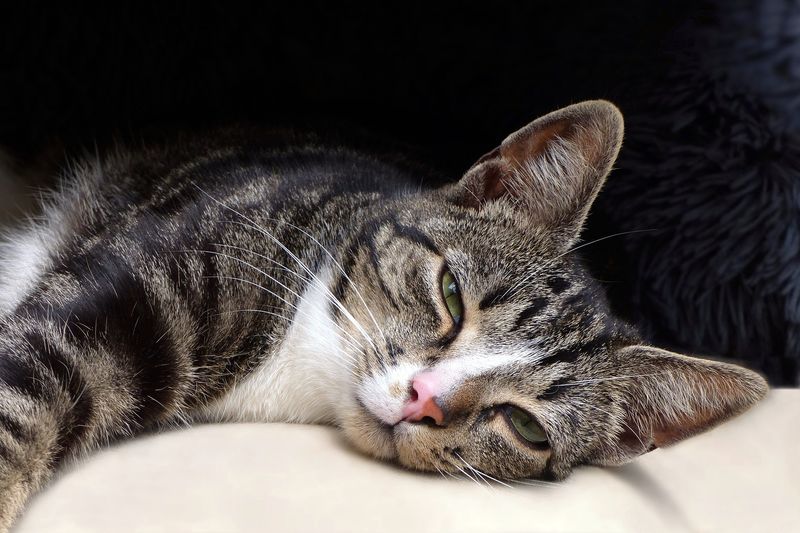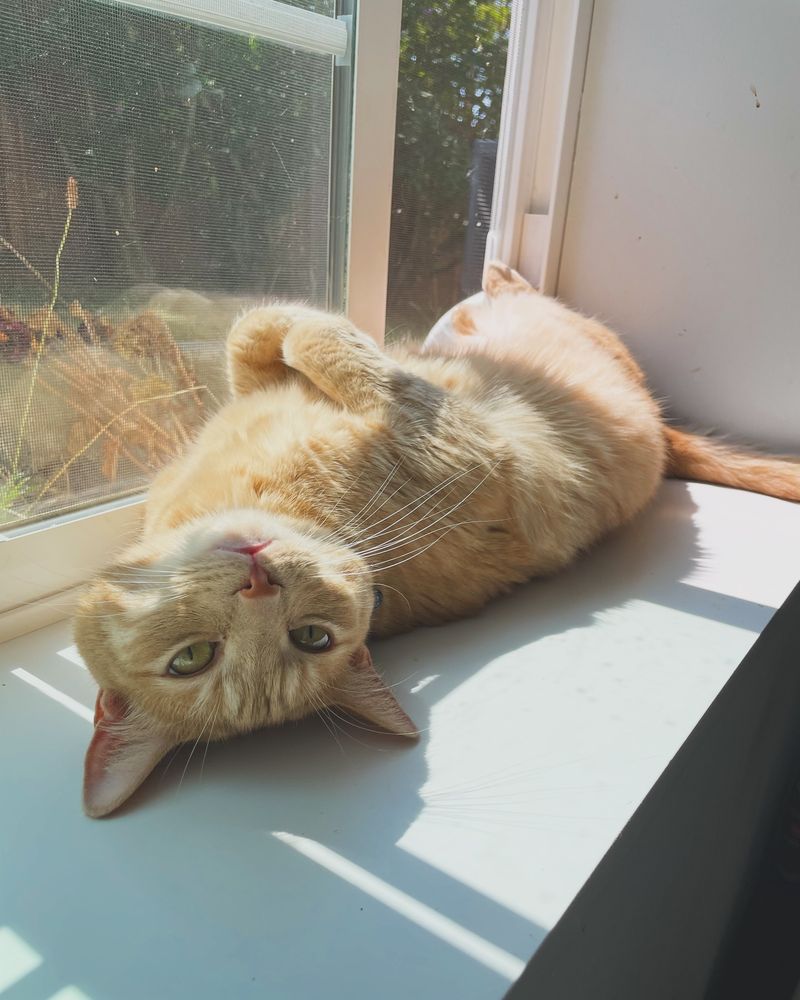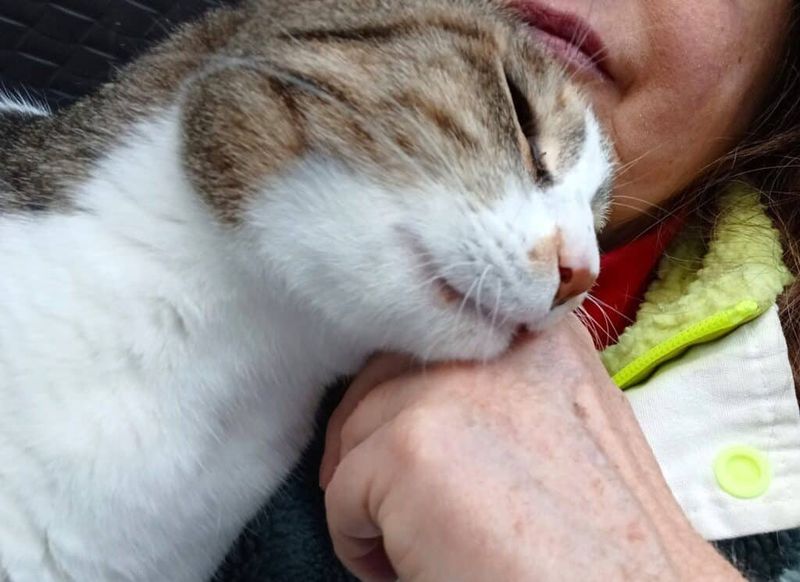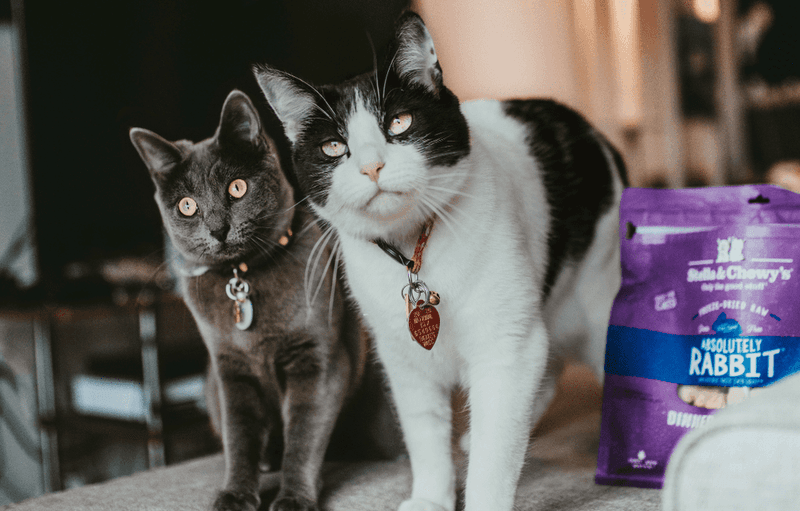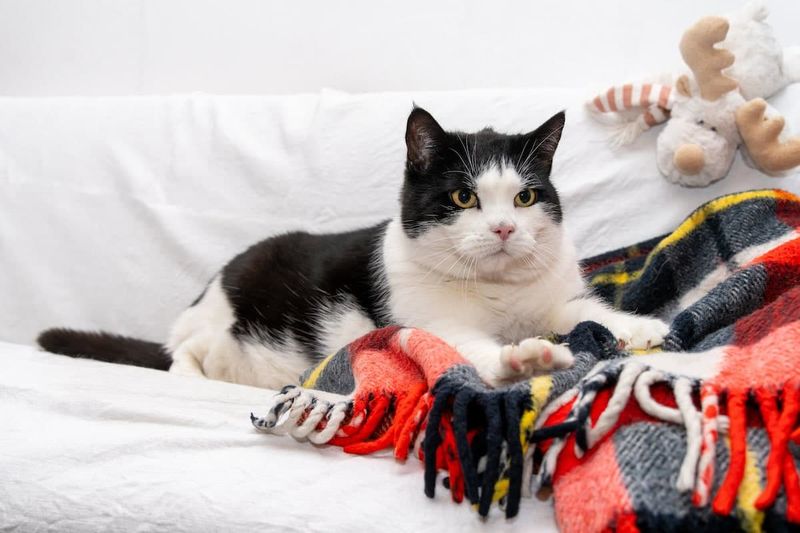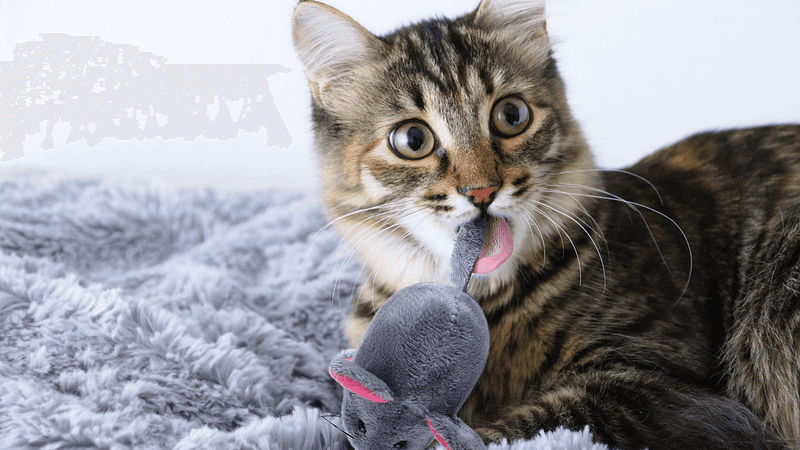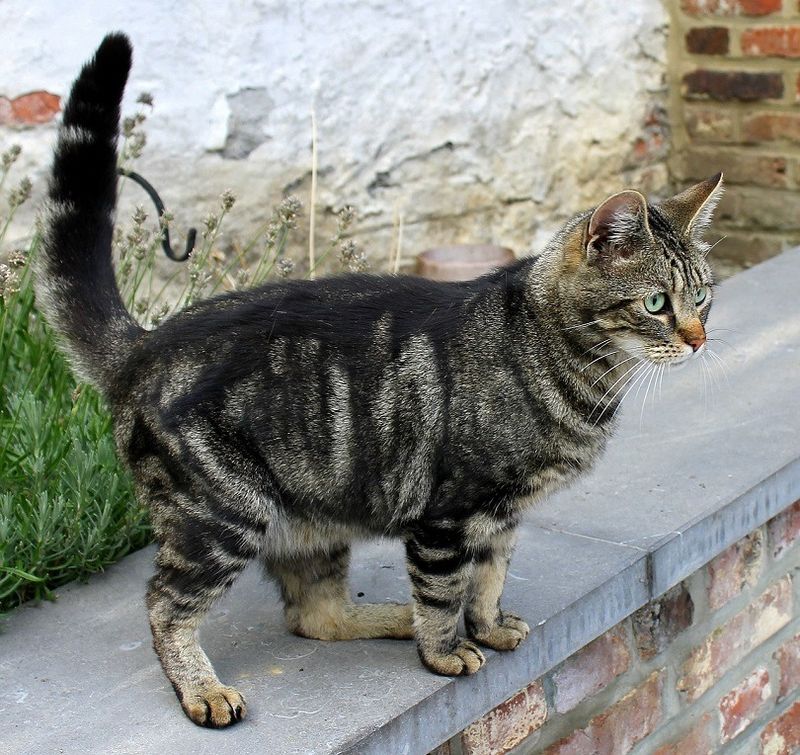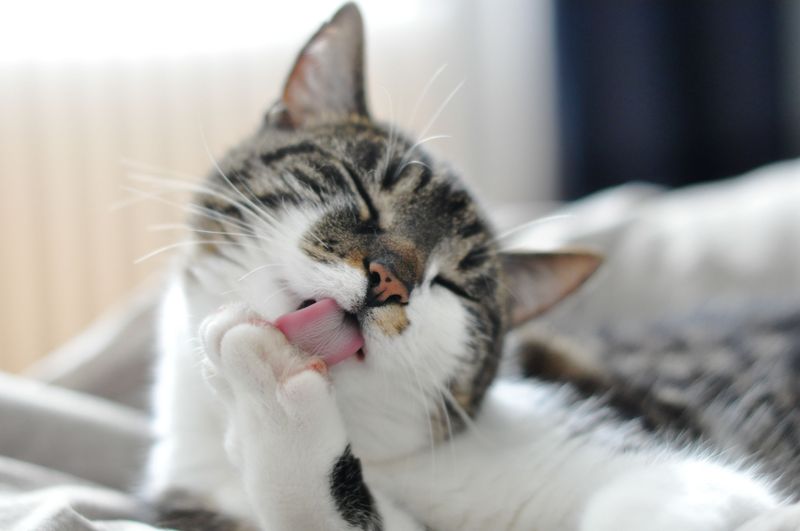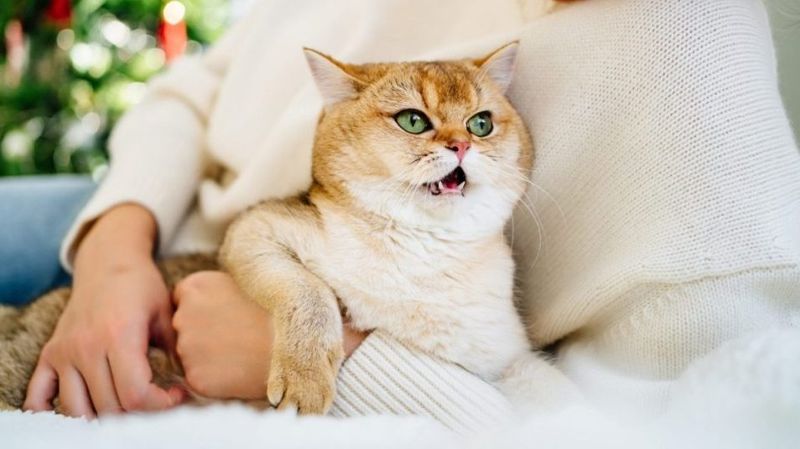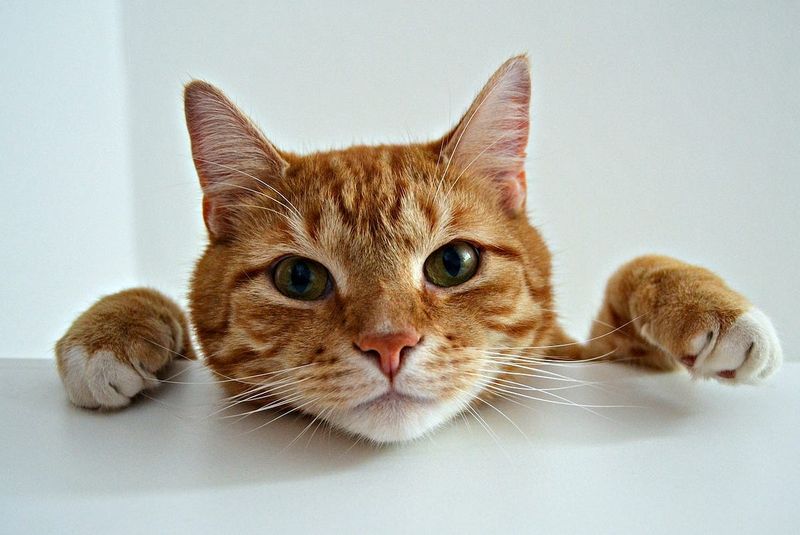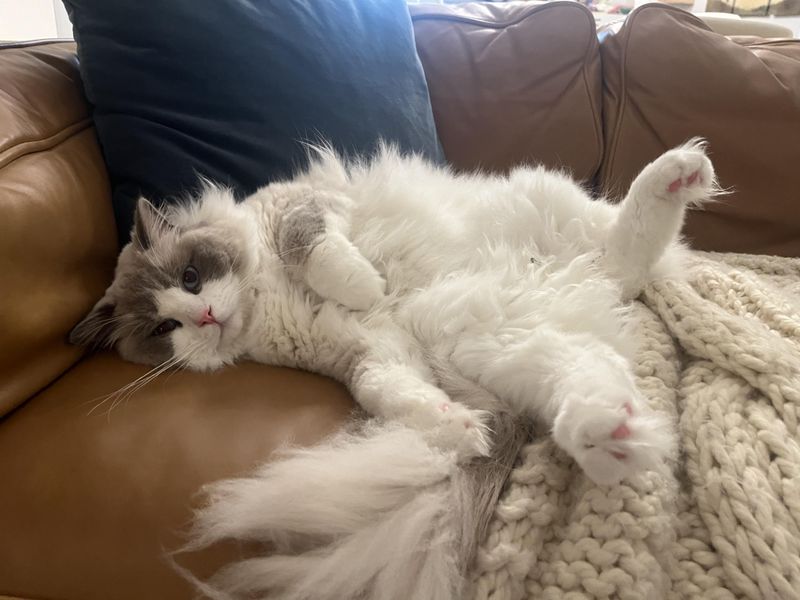📖 Table of Content:
- 1. Slow Blinks Across The Room
- 2. Belly Exposure Without Fear
- 3. Sleeping On Your Chest Or Lap
- 4. Headbutts And Face Rubs Increase
- 5. Following You To The Bathroom
- 6. Kneading Your Lap Or Blankets
- 7. Bringing You “Gifts”
- 8. Tail Position Changes Around You
- 9. Grooming You Regularly
- 10. Relaxed Posture During Handling
- 11. Vocal Greetings When You Return Home
- 12. Showing Their Back To You
Cats are naturally reserved animals, often expressing emotion through quiet, nuanced behavior. Their inner world is rich, yet their signals can be fleeting or easily overlooked. Unlike more demonstrative pets, cats tend to reveal trust slowly and subtly.
Trust is not offered all at once, but rather earned through consistent care and gentle interactions. Over time, familiar routines and calm environments help a cat feel safe enough to open up. What may seem like minor changes often hold deeper meaning.
A shift in posture, a soft vocalization, or a choice to sit closer are signs worth noticing. These small moments are the quiet language of feline trust. Recognizing and respecting them strengthens the bond and creates a lasting connection.
1. Slow Blinks Across The Room
Catching your cat staring at you from across the room and giving you those famous slow blinks is like receiving a kitty kiss. Cats only close their eyes around someone they completely trust, as this temporarily puts them in a vulnerable position. Feline experts call this the ‘cat kiss,’ and it’s one of the highest compliments your cat can give you. When your cat starts doing this more frequently, it’s a clear indicator that your bond has strengthened. Try returning the gesture by slowly blinking back. This silent conversation is a special language between you and your cat that says, “I feel safe with you.”
2. Belly Exposure Without Fear
Rolling over and showing that soft, fluffy belly is a major trust milestone. The stomach area is where all of a cat’s vital organs are located, making it the most vulnerable part of their body. When your formerly cautious kitty starts regularly lounging belly-up in your presence, they’re essentially saying they trust you won’t harm them. This position leaves them completely defenseless against potential threats. Many cat owners mistakenly see this as an invitation for tummy rubs, but often it’s simply a declaration of trust. Some cats may allow gentle belly touches, which is an even deeper sign of their confidence in you.
3. Sleeping On Your Chest Or Lap
Your lap has transformed from forbidden territory to your cat’s favorite napping spot. This behavior shows remarkable trust because sleep is when cats are most vulnerable to potential threats. By choosing your body as their sleeping location, your cat is saying they feel completely safe with you. The added bonus? They can feel your heartbeat and body warmth, which creates a sense of security similar to what they experienced as kittens with their mother and littermates. Notice how they might even position themselves so their back is to you – that’s the ultimate sign they’re confident you’ve got their back while they rest.
4. Headbutts And Face Rubs Increase
Those enthusiastic headbutts against your hand, leg, or face aren’t just cute – they’re meaningful trust gestures. Your cat is marking you with scent glands located on their face, essentially labeling you as part of their trusted inner circle. Scientists call this behavior “bunting.” When your cat increases the frequency of these affectionate bumps, it shows they’ve grown more comfortable claiming you as their own. Pay attention to when these headbutts happen – often during greetings or quiet moments together. This behavior combines trust with territorial marking, as your cat is essentially saying, “You’re my human, and I want everyone to know it.”
5. Following You To The Bathroom
Your furry shadow’s bathroom surveillance might seem annoying, but it’s actually a compliment. Cats are naturally curious creatures who want to be involved in your activities, especially in a room with interesting water sources and enclosed spaces. This behavior stems from their social nature and desire to be near trusted companions. In the wild, cats are vulnerable while eliminating, so by following you, they’re showing they trust you to keep watch during these vulnerable moments. Many cats also seem to understand the bathroom is a place where you’re guaranteed to sit still for a few minutes – perfect for demanding some undivided attention!
6. Kneading Your Lap Or Blankets
Those rhythmic paw pushes against your lap, often called “making biscuits,” trace back to kittenhood nursing behaviors. When your cat kneads on you more frequently, they’re displaying deep comfort and trust associated with their earliest positive memories. Kittens knead their mother’s belly to stimulate milk flow, and adult cats retain this behavior as a self-soothing mechanism when they feel secure. The fact that your cat chooses you as their kneading surface shows they associate you with feelings of safety and contentment. Some cats even drool slightly while kneading – another throwback to nursing that indicates they’re in a blissful, trusting state of mind.
7. Bringing You “Gifts”
Finding a toy mouse or, more alarmingly, a real one at your feet might not seem like a gift, but to your cat, it’s a major compliment. This hunting behavior shows your cat considers you part of their family group, who deserves to share in their successes. In feral cat colonies, mothers teach kittens to hunt and bring prey back to safe areas. When your house cat brings you their “kills” (whether real or toy), they’re treating you as a trusted colony member who they want to provide for or teach hunting skills to. While not the most pleasant aspect of cat ownership, this gift-giving represents a significant level of inclusion in your cat’s social structure.
8. Tail Position Changes Around You
Your cat’s tail is like an emotional barometer, and positive changes in how they hold it around you speak volumes about trust. A tail held high with a slight curve at the tip signals confidence and contentment in your presence. When your cat greets you with their tail straight up, possibly with a little quiver, they’re expressing excitement to see you. Even more telling is when their tail wraps around your leg or arm – this is the feline equivalent of holding hands, a gesture reserved for their most trusted companions. As trust deepens, you’ll notice your cat’s tail remains relaxed rather than puffed or twitching when you make sudden movements near them.
9. Grooming You Regularly
The rough sensation of your cat’s tongue on your hand or hair is actually a profound display of affection. Mutual grooming, or allogrooming, is reserved for cats’ closest companions and family members. When your cat starts licking your hair or skin more frequently, they’re treating you as part of their colony. This behavior serves both to strengthen social bonds and to mix scents, creating a group odor that identifies members of the same family unit. Some cats even try to groom their humans right after the human has showered – they’re essentially saying, “You don’t smell right anymore! Let me fix that and make you part of our group again.”
10. Relaxed Posture During Handling
Remember when picking up your cat resulted in a stiff, resistant bundle of fur? The transition to a relaxed, floppy cat who allows handling shows tremendous trust development. Cats naturally prefer having all four paws on the ground for quick escapes. When your cat allows you to hold them in various positions without tensing up, they’re demonstrating complete faith that you won’t harm them. This relaxation extends to veterinary care, too. Cats who trust their owners often remain calmer during nail trims, ear cleaning, or medication administration. The willingness to be physically vulnerable in your hands represents one of the deepest forms of feline trust.
11. Vocal Greetings When You Return Home
The cheerful chorus of meows that welcomes you home has special meaning. Cats typically reserve their vocalizations for communicating with humans, not other cats, making these greetings a form of special language just for you. An increase in these vocal welcome signals your cat genuinely missed your presence and feels secure enough to express their feelings openly. The specific tone matters too – high-pitched, friendly meows indicate positive emotions and excitement at your return. Some cats even develop a unique “greeting meow” that’s different from their other vocalizations. This personalized welcome is a sign they’ve formed a special bond with you that deserves its own form of expression.
12. Showing Their Back To You
Your cat turning their back toward you might seem dismissive, but it’s actually a profound compliment. In the wild, cats never show their backs to potential threats, as this position makes them vulnerable to attack. When your cat comfortably positions themselves with their back to you, they’re demonstrating complete confidence that you pose no danger. This is especially meaningful when they’re eating or drinking – activities that require letting their guard down. Next time your cat sits with their back to you, resist the urge to pet them and instead appreciate this silent testimony to how safe they feel in your presence.
